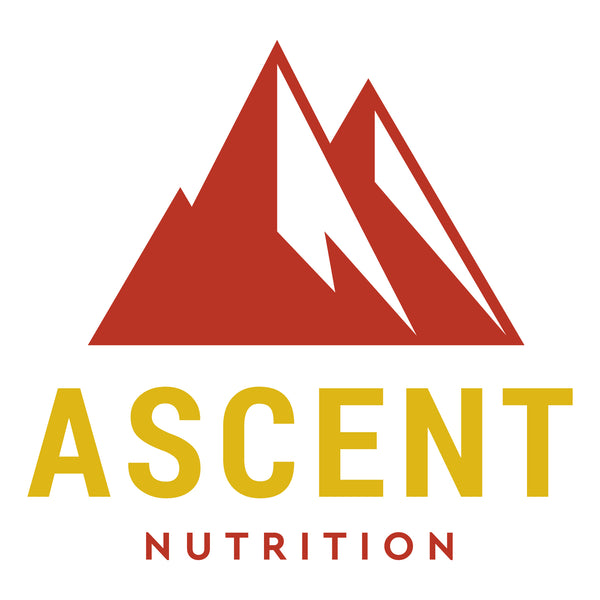
Ascent Coffee, Mold, Mycotoxins, Pesticides and Solutions
Did you know that one of the most consumed substances on the planet is loaded with toxins like mold, mycotoxins and synthetic pesticides?
Behind only water itself, coffee is the second most consumed beverage in the world. It's been reported that 97% of coffee beans in the world are sprayed with synthetic pesticides.
The awareness of the number of pesticides in coffee is growing as consumers search for cleaner, healthier options.
Pesticides, Mold and Mycotoxins in Coffee
The Global Maximum Residue Limit database shows at least 43 pesticides that are used on coffee throughout the world.
In fact, there are even more being used, but some of them aren’t reported. Below is a list of some that are commonly used.


It is well known today that some pesticides can cause health challenges and it is commonly known to avoid contact with pesticides as much as possible.
This includes choosing organic food options, when one can and if available or possible.
One of the major negative effects of these pesticides can cause is the interaction with the all-important p53 gene. Turning off the p53 gene isn’t something we want as this gene is often referred to as the “Guardian of the Genome.”
In short, the p53 gene’s role is to help facilitate the normal functioning of our cellular metabolism and ensure cells die off when they are supposed to. If this gene is turned off or the expression is lowered, it can lead to the opposite of what the body is designed to do.
Ascent Nutrition Mold and Mycotoxin-Free Coffee
At Ascent Nutrition, we offer some of the world’s cleanest coffee’s you can find. Our plants and beans are grown without pesticides and done with organic practices being carried out.

Where we separate from others is that not only are we using organic practices, we ensure our coffee beans from Guatemala are mold and mycotoxin-free.
This is a big deal in the coffee industry that isn't that well known...yet.
In fact, mycotoxins are in almost all low quality brands of coffee.
One particular study showed that 91.7% of green coffee beans were contaminated with mold. This was even before they were processed, which is a process that allows even more mold to grow.
An additional study showed 52% of green coffee beans and nearly 50 percent of brewed coffees are moldy. This means coffee is one of the biggest sources of mycotoxins in the global food supply.
The researchers ended up concluding “…regular coffee consumption may contribute to exposure of humans to OA (ochratoxin).”
Ochratoxin A isn’t something you want in your body as it strongly targets the kidneys and can alter immune system function.
We proudly and openly show our most recent lab results here for 12 mycotoxins:

Ascent Nutrition Coffee Beans
Not only do we ensure each batch of coffee is clean before it hits your cup, but we have direct partnership with our farmers in Guatemala and you can rest easy knowing our Ascent Nutrition Coffee is sustainable in every way.
Our coffee is single origin, so there’s no question about where its coming from or how it got there. The beans themselves carry the flavor of origin, possessing specific characteristics you will find nowhere else in the world.
At Ascent Nutrition, we believe this is what the peak of what your coffee experience can be.
We offer 4 options, including Medium and Dark Roast Wholebean, as well as Medium and Dark Roast Ground.
Click here to view all 4 options of our Ascent Coffee.
Lance Schuttler, CEO of Ascent Nutrition
